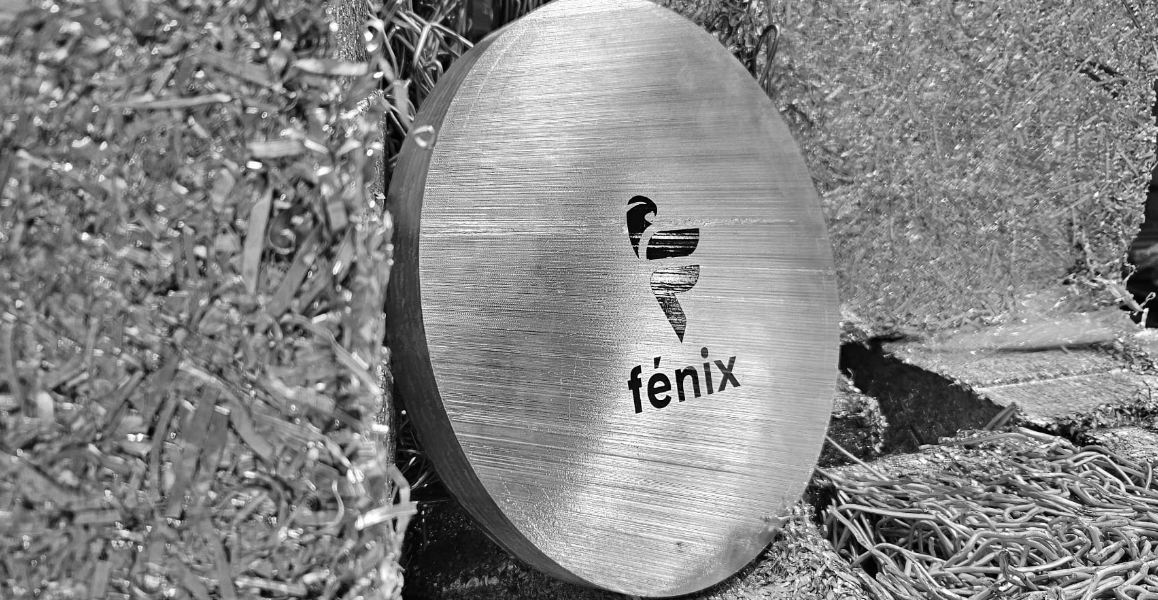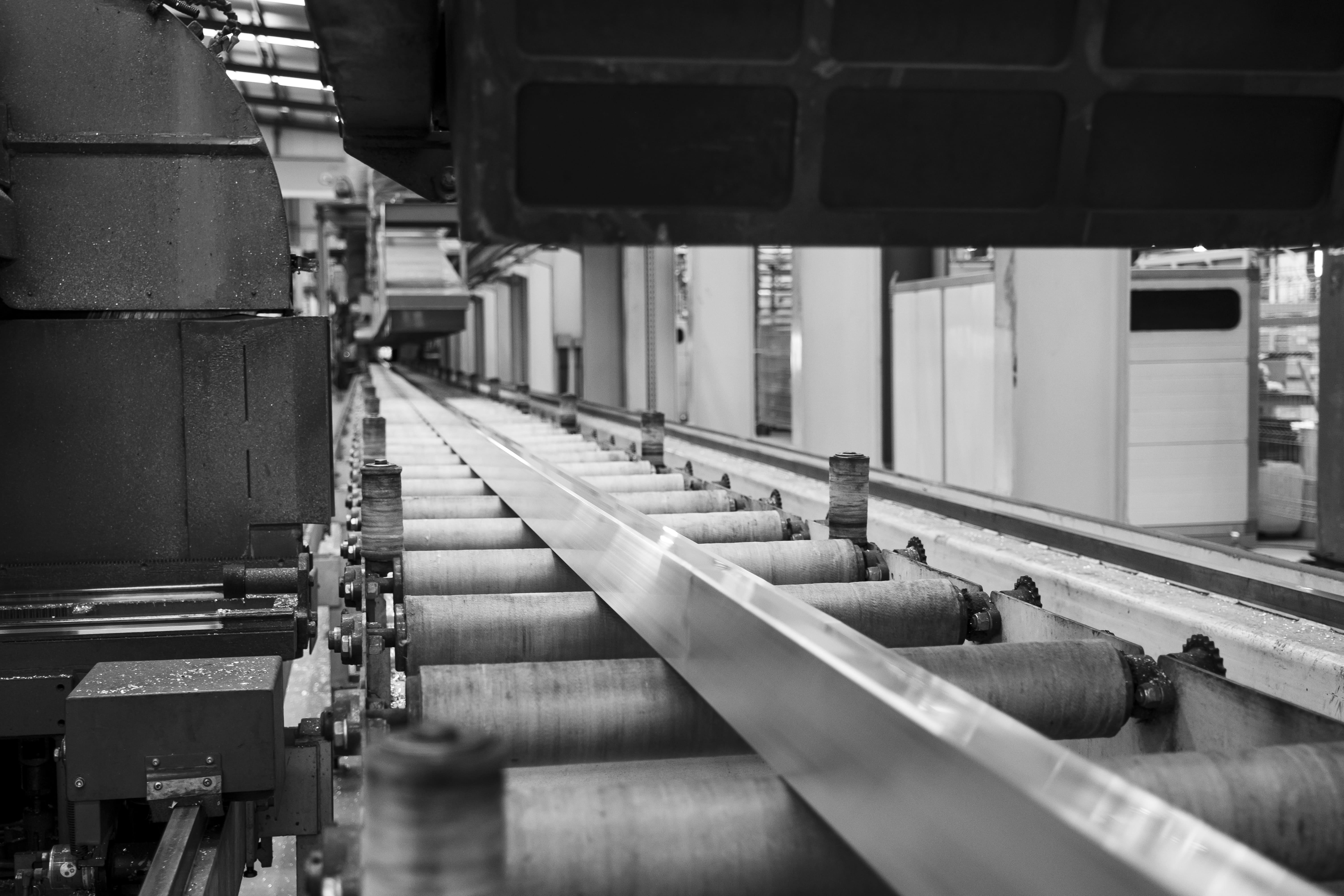Recycled Aluminium Billet: Key to Reducing the Carbon Footprint of Industry
In an increasingly environmentally conscious world, reducing the carbon footprint has become a priority for many industries. A prime example of this trend is the aluminium industry, which has found recycling to be an effective and sustainable solution. The use of recycled aluminium billet is revolutionising the way companies are addressing their environmental commitments.
What is carbon footprint and why does it matter?
The carbon footprint is an indicator that measures the carbon dioxide (CO2) emissions generated directly or indirectly by an activity, product or service. Its importance lies in the fact that it allows the environmental impact of industrial processes to be assessed and informed decisions to be taken to reduce them.
Aluminium is a material widely used for its strength, lightness and versatility. But what makes it really valuable in environmental terms is its ability to be infinitely recycled without losing properties. This characteristic makes recycled aluminium billet a strategic raw material for more sustainable processes.
Reducing carbon footprint with recycled aluminium billet
The impact of recycling on the carbon footprint is compelling. For example, using a 99% recycled aluminium billet, such as Fenix, we achieve a carbon footprint of less than 1kg for every kg of aluminium, whereas a primary aluminium billet made in Europe is around 16kg.
This difference represents a more than 90% reduction in emissions, demonstrating that choosing recycled raw materials is not only an economic decision, but also a powerful measure to mitigate climate change.
Additional benefits of using recycled aluminium
-
Energy savings: Aluminium recycling consumes up to 95% less energy than primary production.
-
Circular economy: A more sustainable and responsible production model is promoted.
-
Regulatory compliance: Facilitates compliance with increasingly stringent environmental regulations.
The use of recycled aluminium billet is positioned as one of the most effective strategies to reduce the carbon footprint of the aluminium industry. Adapting processes and opting for sustainable materials is today more than an option: it is a necessity to move towards a greener and more responsible future.


